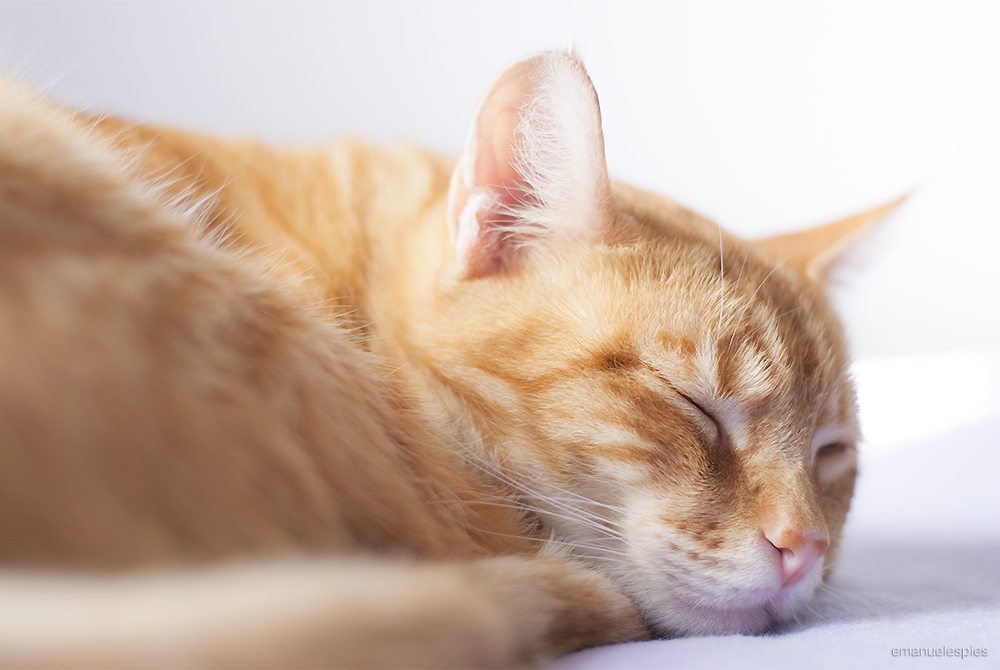Sleepless in Sydenham: struggles of a student insomniac
Student life is all about messy sleeping patterns. Not going to bed until 4AM and waking up in the afternoon is considered perfectly normal – but it’s much less normal if you haven’t been out with your friends or pulling an all-nighter.
I’ve suffered from insomnia for as long as I can remember. Always the last awake at sleepovers and usually reading into the early hours when I was younger, I’d always considered my inability to sleep as fun, or even an impressive skill – after all, I didn’t really need much sleep to fuel a day of learning my tens and units or the alphabet.
I’d turn up to my 9AM exams barely conscious and shaking from the excessive amounts of coffee I’d used in an attempt to wake me up
The real problems came when exams started. I’d turn up to my 9AM exams barely conscious and shaking from the excessive amounts of coffee I’d used in an attempt to wake me up. It would take a good while for my brain to actually become engaged enough for me to write anything logical.
After only getting two hours sleep before one of my first-year university exams, I’d decided I’d had enough. It seemed unfair that my exam results might be jeopardised by something I couldn’t predict or control, and with medical issues having had to be reported to the Exams Office earlier on in the term I felt completely at a loss.
I realised that one of my exams was at 9AM on a Saturday- meaning I’d have to get up at the arse-crack of dawn to catch the elusive U2
Weirdly, I didn’t recognise my insomnia as a serious problem until my second year of uni, after reading about it for a module. The more research I did, the more I came to realise that taking three hours to get to sleep every night, no matter how late I went to bed, wasn’t actually normal – who knew?
After getting my exam timetable for second year, I realised that one of my exams was at 9AM on a Saturday – meaning I’d have to get up at the arse-crack of dawn to catch the elusive U2. I decided I couldn’t afford a repeat of first year and decided to ask for sleeping tablets from my GP. This resulted in one of the most pointless trips to the doctors I’ve ever had.
Trust me, in a zombie-like state, me trying to complete an essay at 3AM is laughable
After explaining my situation and virtually begging for sleeping tablets, I was told I couldn’t be given them in case I became addicted. Instead, I left the surgery with ‘tranquilisers’ (which were about as effective as trying to knock me out with a feather) and a list of ‘helpful tips’ like “drink some hot milk before going to bed” and “keep lavender in your room for a relaxing atmosphere”. Needless to say, I felt pretty disheartened.
The main issue with insomnia – apart from, you know, the sleepless nights – is the lack of sympathy an understanding towards it. From people telling me my lack of sleep isn’t ‘legit’ because I don’t work night shifts to the age-old myth “you must get so much done”. Trust me, in a zombie-like state, me trying to complete an essay at 3AM is laughable. People have failed time after time to realise just how awful insomnia can be.
Considering that a third of the population now get by on five to six hours sleep a night, I don’t think insomnia is being talked about enough
As Fight Club puts it, “when you have insomnia, you’re never really asleep and you’re never really awake”. After lying awake for so long, it becomes almost painful to keep you eyes closed, and I’ve often been so stressed from trying to get to sleep that I’ve developed a migraine in the middle of the night. The quietest noises can seem louder than ever and even the dimmest of lights can feel like their piercing through your eyelids. To sum up, insomnia is pretty grim.
Considering that a third of the population now get by on five to six hours sleep a night, I don’t think insomnia is being talked about enough, especially in universities where messy sleeping patterns are often considered a normal part of student life, despite the fact you’re still expected to get up for your 9AMs every week.
Beth Thomas

Comments (2)
Unfortunately, insomnia isn’t the problem that is defined on time and solved. Sleep is very important as it maintains a normal state of health. I teach my children to go to bed on time and have at least 7-8 hours of sleep. Thank you for this cool article!
” I don’t think insomnia is being talked about enough”
Yes. absolutely. What you wrote here, i could have written–in fact, I did, in my book INSOMNIAC.
You might find it useful.